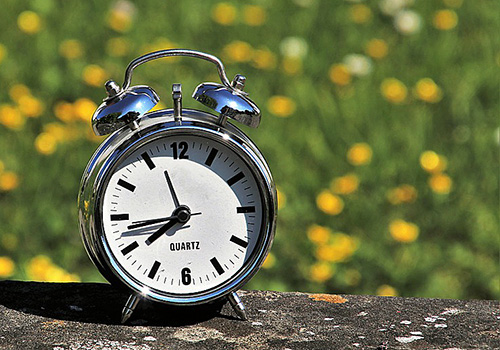Does daylight saving save time?
Staff writer questions biannual hour change

Daylight saving time occurs Nov. 4 this year.
November 2, 2018
As people prepare to turn their clocks back an hour on Nov 4, the argument of whether daylight saving time should continue arises. Daylight saving in the United States dates back to 1918, and the nation continues to jump forward each March and fall back each November by an hour. Daylight savings is no longer needed in today’s world, and should no longer be implicated.
This idea of daylight saving was first introduced by Benjamin Franklin in a satirical essay written in the Journal de Paris in April 1784. However, it was overlooked and not brought up again until 1907. The first use of daylight saving time (DST) occurred in England because Parliament introduced it in 1916. Other countries including Spain, France, and Croatia followed suit, but the United States officially implicated it only after World War I. DST was introduced to create better use of daylight.
While the use of DST does create less of a need for artificial light, it is not conserving energy in the way it is intended to. Because of modern technology, televisions, electronic screens and heating and cooling units are used regardless of the is available sunlight. Lighting is no longer the main use of energy, making the idea energy is being saved from DST is no longer a credible argument.
Since DST has been a biannual part of our lives for decades, it is not something that can be easily removed. Supporters believe setting the clock back to make a better use of daylight conserves the use of household lights, reduces car accidents in late and early hours, and an overall safer evening due to the increase in evening light.
The use of DST was something that was needed when it was implicated, but as society, technology has developed significantly, cutting down the need for changing the time. By discarding the practice of daylight saving time, we will see a real cut down in energy use, costs, and challenges in timekeeping, and the elimination of a useless practice.















